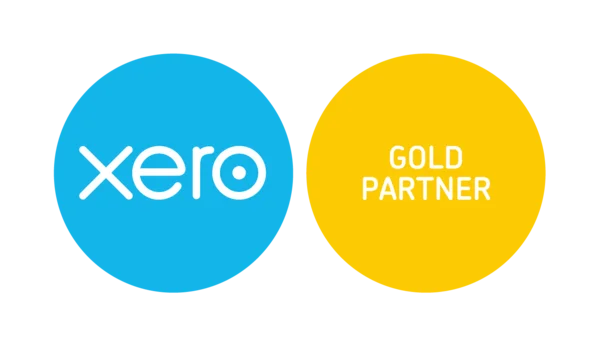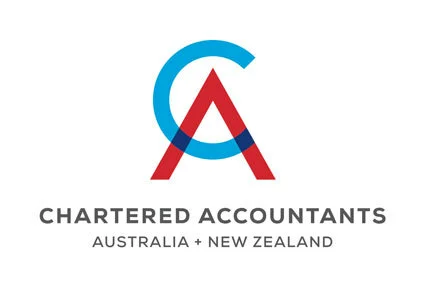Tax Alert December 2022

Tax compliance, higher fines in spotlight
Business taxes remained largely unchanged in the second Federal Budget of 2022, but employees working from home can expect less generous deduction rules for the 2022-23 financial year. Here’s some of the latest tax developments.
All quiet on the small business tax front
There were no significant tax changes affecting small business in the October 2022 Federal Budget, although there was a big focus on tax compliance.
The ATO will receive $685 million over four years to help it raise $2.1 billion from a crackdown on shadow economy activities. This may be of concern to some small and mid-size enterprises (SMEs), as the ATO believes the bulk of these activities occur among smaller business taxpayers. The Budget also included a $15.1 million boost for the existing small business debt helpline and programs focused on the financial and mental wellbeing of small business owners. Help with rising energy costs included $63 million to improve SME energy efficiency and energy use.
It’s unknown whether measures of the popular instant asset write-off and carry back of losses will be extended past 30 June 2023. We may need to wait for the May 2023 Budget for the answer.
STP Phase 2 deadline soon
With Single Touch Payroll (STP) Phase 2 reporting now well underway, small business employers need to remember their next reporting deadline is 1 January 2023.
Common STP reporting mistakes seen by the ATO this year include incorrect re-mapping of pay codes and not separately itemising bonuses, overtime and commissions; failure to correctly input existing year-to-date amounts; and incorrectly categorising allowances. The ATO has a range of factsheets and resources available to help employers get their STP reporting right.
Draft guidance on work from home deductions
Taxpayers working from home are likely to face significant rule changes when claiming tax deductions this financial year following release of the ATO’s draft guidance on the issue.
Under the new guidelines, employees will only be permitted to claim a deduction of 67 cents for every hour they genuinely work from home, instead of the 80 cents under the short-cut method available prior to 1 July 2022.
Asset depreciation on items used for work purposes will require a separate depreciation calculation. Employees will not require a separate home office or dedicated work area to claim the deduction, but normal substantiation rules apply.
Alternatively, employees working from home can claim a deduction for their expenses using the traditional actual cost method.
Increase in ATO penalty units
Taxpayers running afoul of the taxman will find themselves facing bigger bills this year after the Federal Budget included measures to increase the fines for regulatory penalty units. From 1 January 2023, fines will jump from $222 to $275 per penalty unit, a 19.3 per cent increase.
This is on top of regular indexation by the CPI, which is every three years, and this will remain in place, with the next one due to take effect on 1 July 2023.
Enhancing tax transparency
Large private business entities will face more scrutiny of their tax affairs after new legislation passed through Parliament to require greater transparency of the tax affairs of private companies.
The reform reduces the tax information reporting threshold for private corporate tax entities to companies with a total income of $100 million or more (previously $200 million or more). This lower threshold applies to reporting for 2022-23 and subsequent financial years.
The previous grandfathering of the exemption applying to certain large proprietary companies from the normal obligation to lodge their annual reports with ASIC was also removed.
Super for holiday season employees
Employers planning to hire staff on a short-term basis for the holiday season need to remember changes to the Superannuation Guarantee (SG) rules mean temporary staff may be eligible for super contributions.
From 1 July 2022, employers must make SG contributions at 10.5% for eligible employees regardless of how much they earn after removal of the $450 per month eligibility threshold.
For new employees who are offered choice of super fund but fail to choose, you must request their stapled super fund details from the ATO to meet your super obligations.







